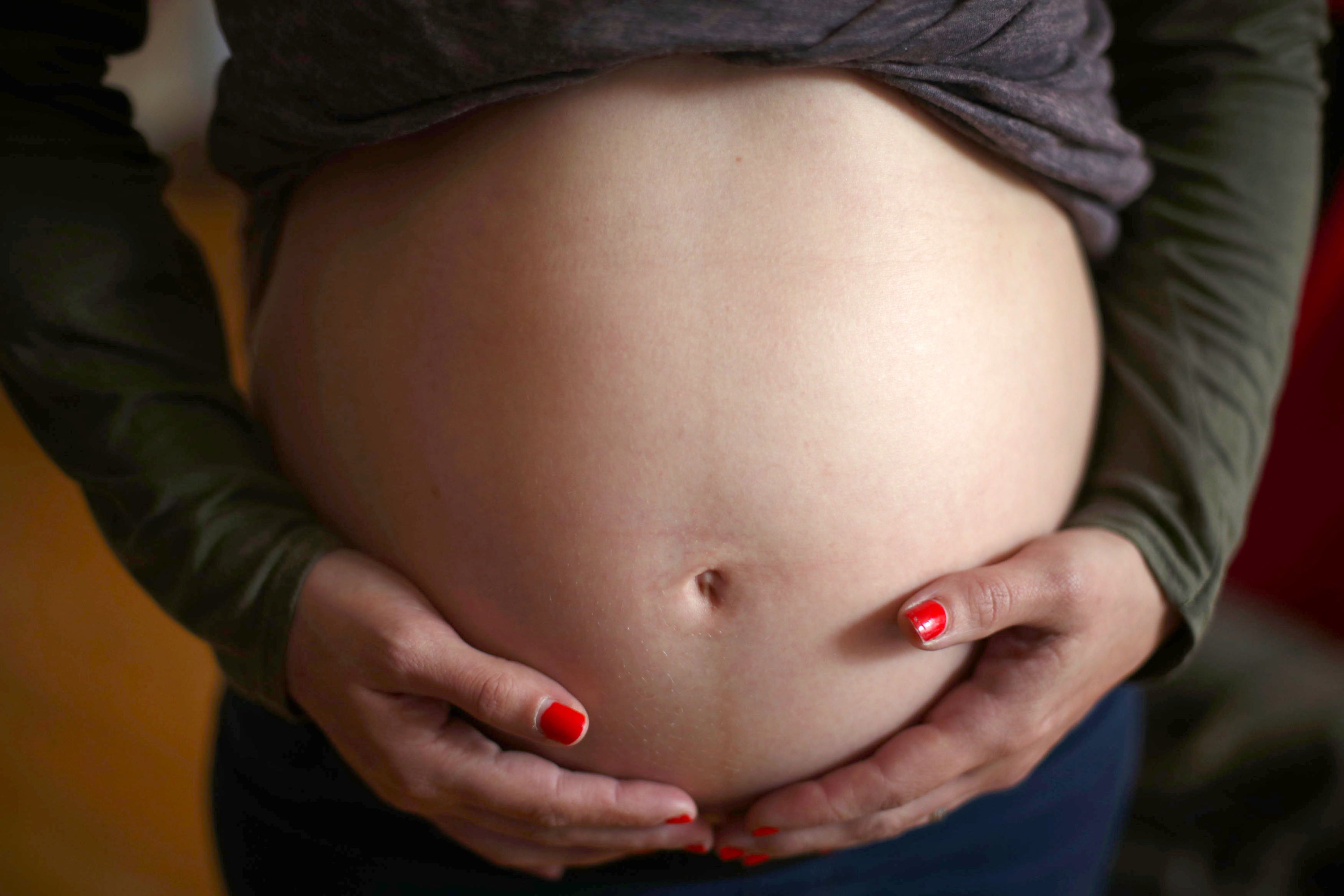Poverty causing more than 1,000 stillbirths every year, study finds
‘Some women receive unnecessary care and others, too little too late, widening health inequalities’

Your support helps us to tell the story
From reproductive rights to climate change to Big Tech, The Independent is on the ground when the story is developing. Whether it's investigating the financials of Elon Musk's pro-Trump PAC or producing our latest documentary, 'The A Word', which shines a light on the American women fighting for reproductive rights, we know how important it is to parse out the facts from the messaging.
At such a critical moment in US history, we need reporters on the ground. Your donation allows us to keep sending journalists to speak to both sides of the story.
The Independent is trusted by Americans across the entire political spectrum. And unlike many other quality news outlets, we choose not to lock Americans out of our reporting and analysis with paywalls. We believe quality journalism should be available to everyone, paid for by those who can afford it.
Your support makes all the difference.More than 1,100 stillbirths in England every year are directly linked to the effects of poverty, according to an “alarming” new study.
Research, published in the Lancet on Tuesday, examined more than one million births including 4,505 stillbirths, between 2015 and 2017.
It found women living in the most deprived areas were particularly at risk and linked almost a quarter of all stillbirths to what it called the socioeconomic inequalities in the areas where mothers lived.
It also warned 12 per cent of stillbirths, more than 500 a year, were linked to racial inequalities.
The greatest disparities existed for South Asian and black women. More than half of stillbirths among South Asian women, in the poorest areas, described as “potentially avoidable”.
Dr Edward Morris, president of the Royal College of Obstetricians and Gynaecologists, said the findings were “alarming” but came as no surprise.
“They provide more evidence that poverty, racism and discrimination can affect women throughout their lives and ultimately lead to devastating incidences of pregnancy complications and baby loss,” he said.
“The fact this study attributes 24 per cent of stillbirths to socioeconomic inequality and 12 per cent to ethnic inequality demands the strongest possible action from across government to address the wider factors that influence the health of women and their babies.
“All women should have equal access to high-quality antenatal care and support, regardless of their background, but the current pregnancy risk assessment is more than 50 years old. As a result, some women receive unnecessary care and others, too little too late, widening rather than reducing health inequalities.”
The study was carried out by researchers as part of the national maternity and perinatal audit of NHS maternity service. It found complications during pregnancy disproportionally impacted black and ethnic minority women. These women accounted for 12 per cent of all stillbirths, and 17 per cent of babies being born significantly smaller than expected.
Last month experts from Oxford University warned black women were four times more likely to die in pregnancy or child birth, while deaths rates for Asian babies were 60 per cent higher when compared to white babies.
Professor Jan van der Meulen, from the London School of Hygiene and Tropical Medicine, and who was part of the study team, explained: “Women from deprived neighbourhoods and black and minority ethnic groups may be at a disadvantage because of their environment, for example, because of pollution, poor housing, social isolation, limited access to maternity and health care, insecure employment, poor working conditions, and stressful life events.
“National targets to make pregnancy safer will only be achieved if there is a concerted effort by midwives, obstetricians, public health professionals, and politicians to tackle the broader socioeconomic and ethnic inequalities."
In 2019, the NHS set a target to reduce the rate of stillbirths and neonatal deaths by 50 per cent by 2025.
But Dr Jennifer Jardine from the Royal College of Obstetrics and Gynaecologists said during the last decade “efforts to close the gap in birth outcomes focusing primarily on improving maternity care and targeting individual behaviours have not been successful.”
She urged public health professionals and politicians to “strengthen efforts” to address the lifelong impacts of racism, social and economic inequalities on the health of women, families and communities.
Join our commenting forum
Join thought-provoking conversations, follow other Independent readers and see their replies
0Comments